|
Club Member (and Past President and General Manager) Mr John Wilson met with us to discuss the history and present role of The Christchurch Club, of which Samuel Butler was a prominent early member. Mr Wilson related the infamous story recorded in Shagroons Palace - a record of the Club's History - of Butler's race to Christchurch from Mesopotamia to register his land claim. The club was founded by rural landholders in 1856, and in it Butler mingled with people including Julius Haast, William Rolleston, William Moorhouse and James FitzGerald. The walls of the club are adorned with these men who are more well known to us now as street names and mountains. This was the place of the newly landed gentry. Within a mere 20 years of settlement every inch of Canterbury farmland had been claimed by settlers. These new English colonists had land and therefore, wealth, power and influence. The networks they consolidated at the club, the alliances and allegiances they formed - still hold sway today. The club was especially formed for land owners and farmers and was distinct from the Canterbury Club formed later in 1872 and described as a breakaway club for urban professionals. In other reaches of the city, the many Workingmen's Clubs played equivalent roles in the formation of Christchurch's class based identity, just without the wealth, power or exclusivity of The Christchurch Club. Mr Wilson emphasised the fact that women are now allowed as members and the election of their first female president has recently taken place. The rules around wearing a tie have also now relaxed. One expects the business deals and networking continue. It's a beautiful building, with ornate wooden interiors, and has an intimate and cosy feel. The historic part of the building was designed by Benjamin Mountfort. Mr Wilson says it feels like a home to him. How did Butler fit in here? Educated at St Johns College in Cambridge he was well educated and from a devout family who travelled to Italy on Winter holidays. The success of his novel Erewhon which he wrote back in England, 8 years after his time in New Zealand, catapulted him to literary fame and as a result he is The Christchurch Club's most famous member. A plaque near the entrance on Worcester Boulevard attests to his status with a wry quote from "The Way of All Flesh". But when he was actually a member, he would have been a landowner and sheep farmer, tethering his horse outside the club like everybody else. Was he alone in his desire for an artistic life in addition to his working one? Was Christchurch in the South Island finally the place he could rid himself of his family expectations for a life in the clergy saddled with the "Old Testament" puritanical teachings of his upbringing? What conversations did he have at the bar, now an immaculate and smooth marble countertop with views out to the tennis courts?
0 Comments
“I am now going to put up a V hut on the country that I took up on the Rangitata, meaning to hibernate there in order to see what the place is like” - Samuel Butler In 1860 almost all the land in Canterbury was completely bought up by new settlers. After months of searching Butler laid a claim on what he called Mesopotamia at the headwaters of the Rangitata. Here he fantasised about the founding of a new utopian civilisation in the middle of nowhere. Erewhon (Nowhere spelled backwards.....almost) was born here. But like many fantasies of utopia there was a dark reality, and eventually Butler like his protagonist desired to escape - "My plan was this - that Arowhena and I should escape in a balloon together". Was Butler as "hard-headed" as the few men he worked alongside in these lonely reaches, far away even from the closest settlement of Peel Forest where he spent many a night playing the piano at the Tripp homestead? Were there aspects to the "hard men" of early European settler Canterbury that unsettle our myths about them and our requirements of these men today? Butler writes that "men here are much fonder of cats than they are at home". Mrs Tripp however found his “peculiar nature and wild theories upsetting” and “did not like it when Butler tried to convert the maid to his ideas”. These ideas probably included the revolutionary new theories of evolution espoused by Darwin and Butler's reasons for fleeing to the other side of the earth to escape his father's plans for him to become a Clergyman. “I am forgetting myself into admiring a mountain which is of no use for sheep. This is wrong” - Samuel Butler Malcolm Prouting whose family has owned the station for three generations flew us up Forest Ck to the site of Butler's first hut and over the remarkable rock formations that surely inspired his protagonist's dream of an organ which "seemed to grow and grow amid a blaze of brilliant light, till it became like a golden city upon the side of a mountain, with rows upon rows of pipes set in cliffs and precipices, one above the other, and in mysterious caverns, like that of Fingal, within whose depths I could see the burnished pillars gleaming. In the front there was a flight of lofty terraces, at the top of which I could see a man with his head buried forward towards a keyboard, and his body swaying from side to side amid the storm of huge arpeggioed harmonies that came crashing overhead and round". Afterwards we talked to Donald Aubrey long time resident and former Manager of Ben Mcleod Station whose religious views are mirrored in utopian Christian vision of Butler's protagonist upon his discovery of Erewhon as an "expanse as was revealed to Moses when he stood upon the summit of Mount Sinai”. Mesopotamia is a spiritual birthplace for Aubrey. Sheep farming has changed a lot since Butler's time he told us and while some may rightly "eulogise" him as an artist "he was no farmer" in the eyes of those who farm there now. Aubrey explained that this is because back then it was in the farmer's economic interests to "rape and pillage" whereas now farmers look after the soil with the intention to make it profitable for future generations. |
AuthorFree Theatre ChCh Archives
November 2020
Categories |
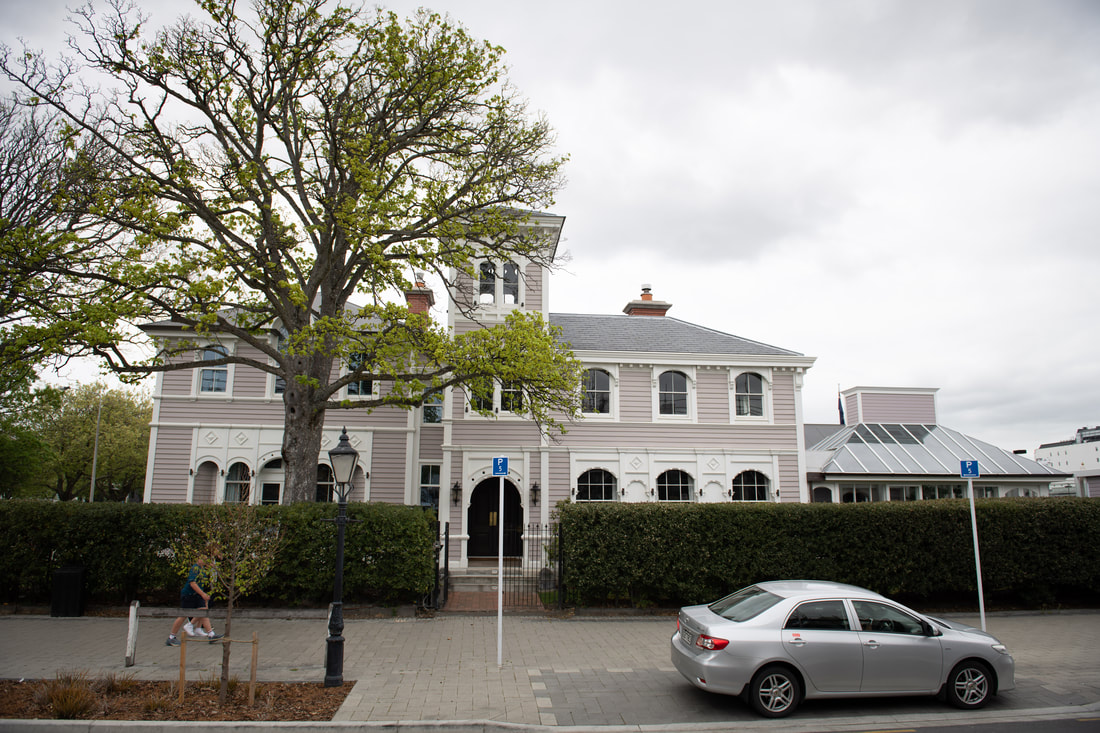
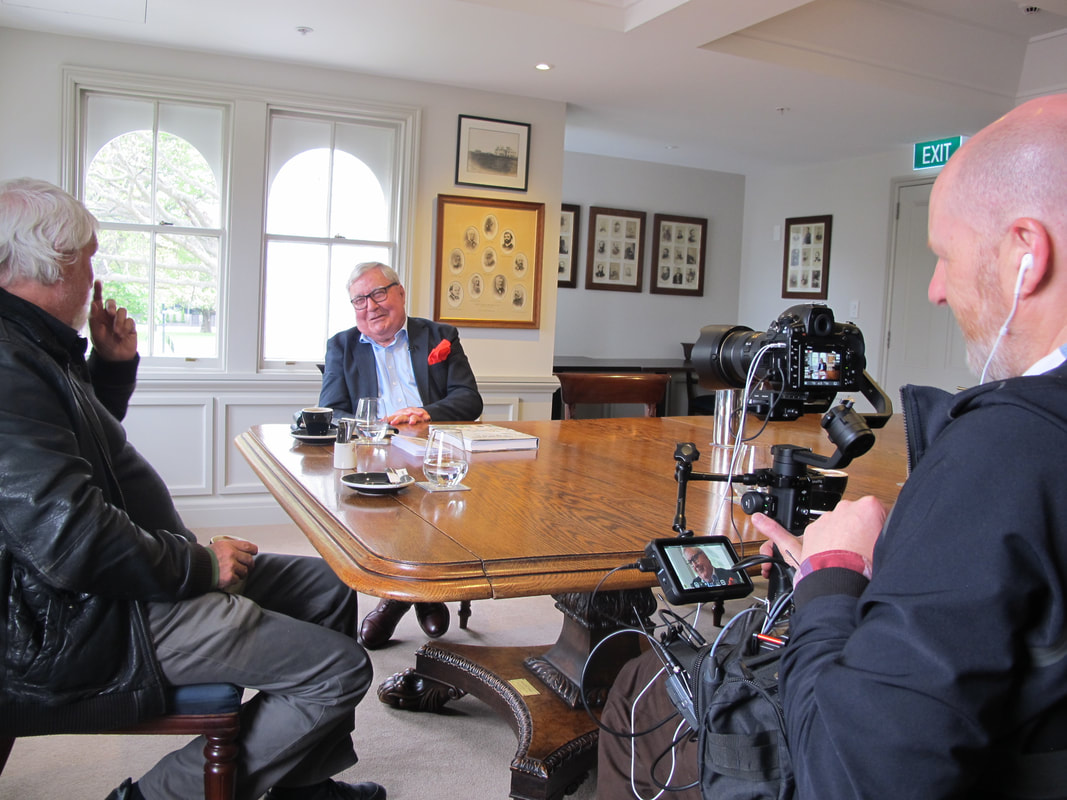
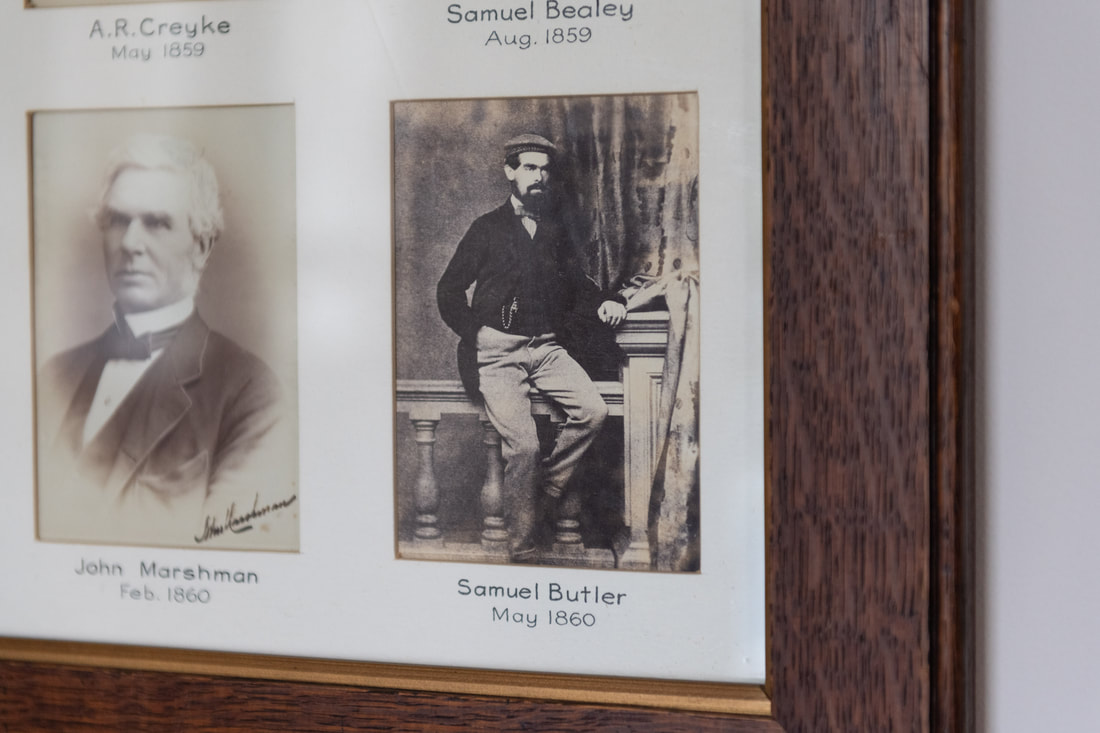
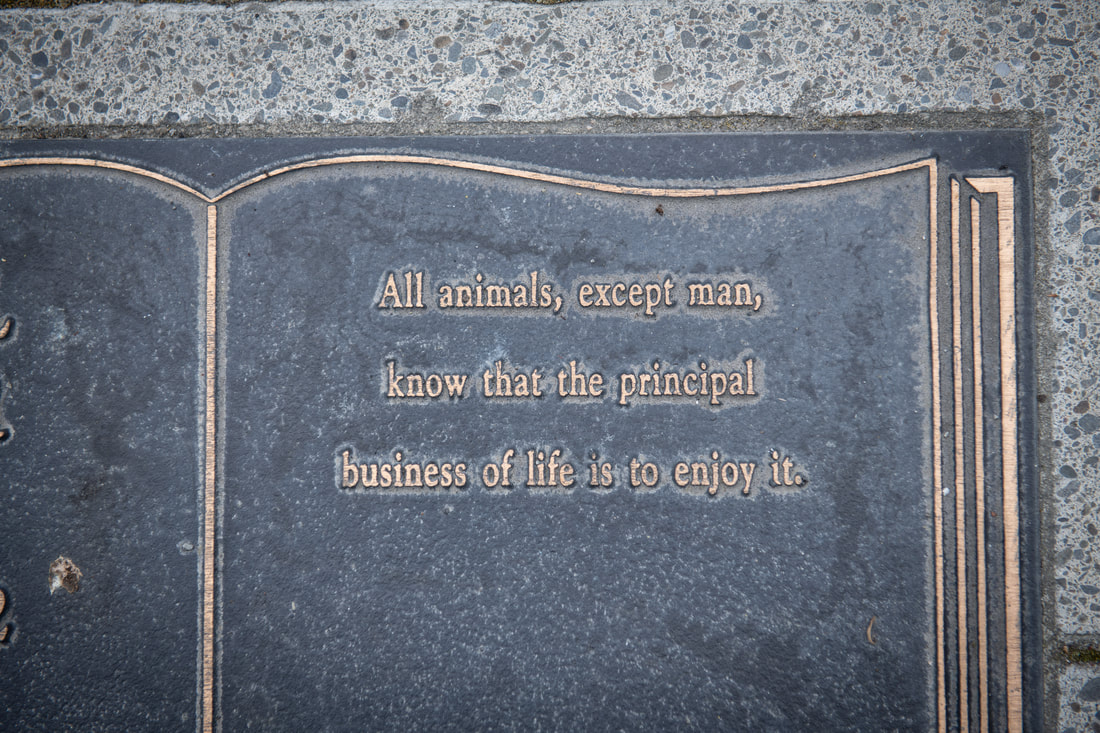
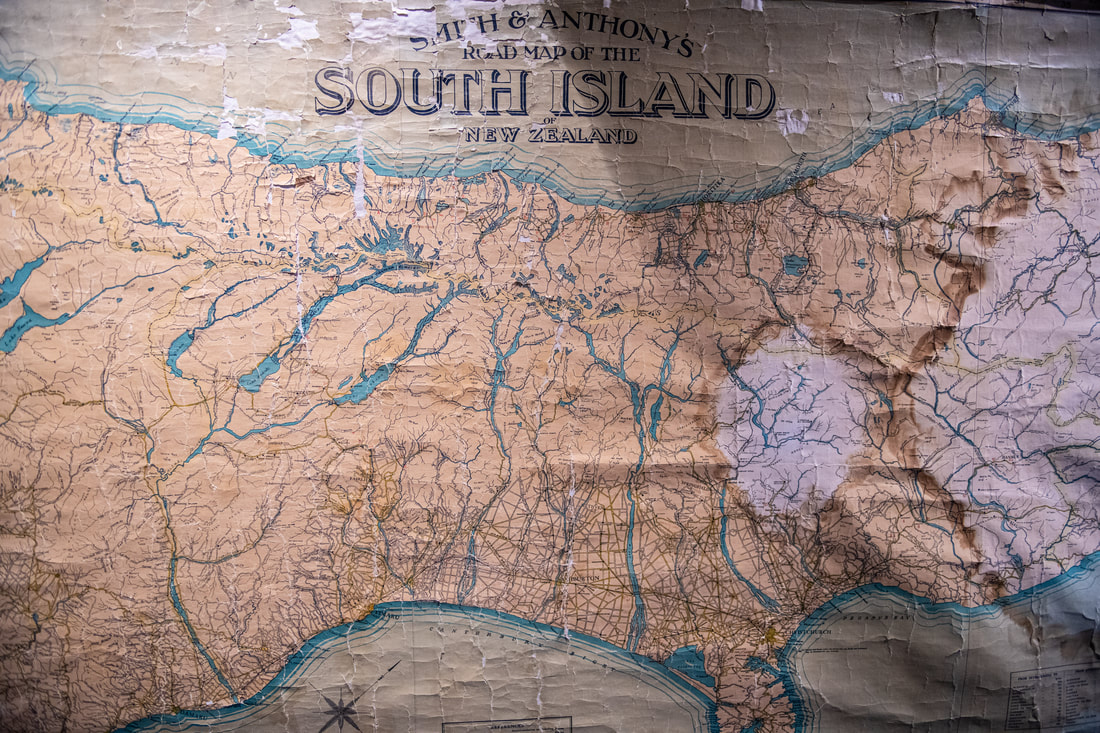
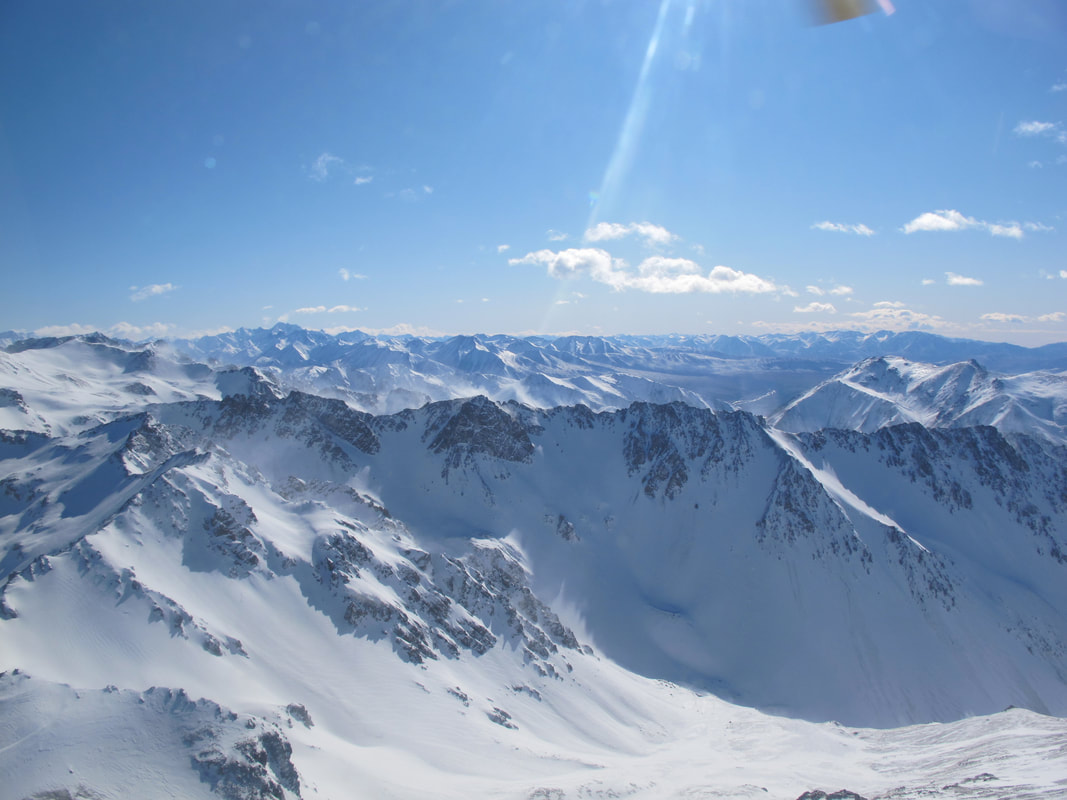
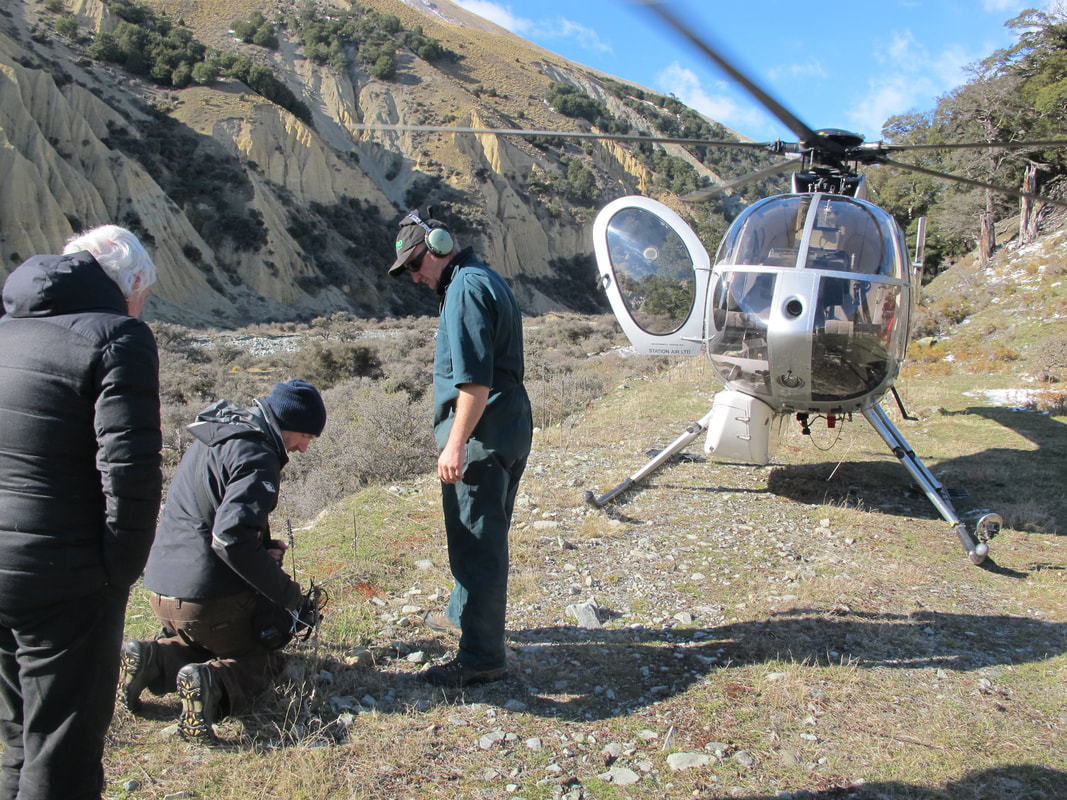
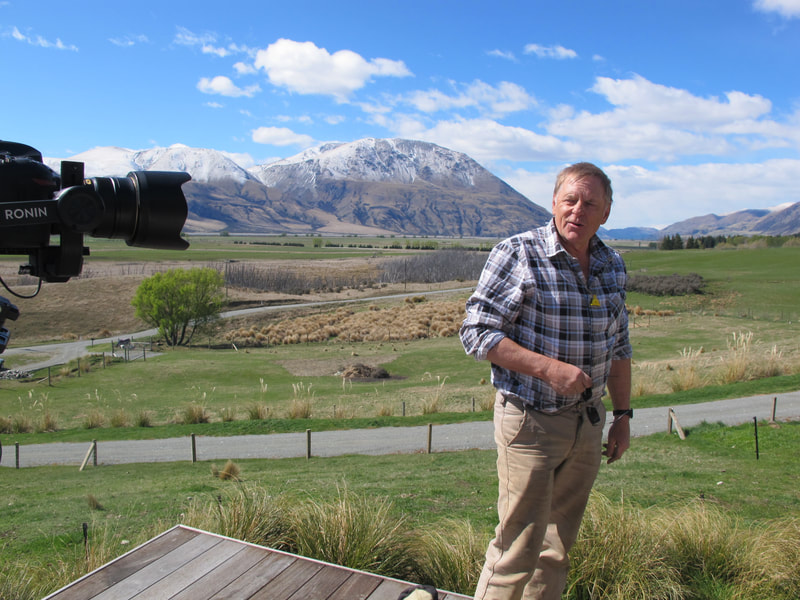
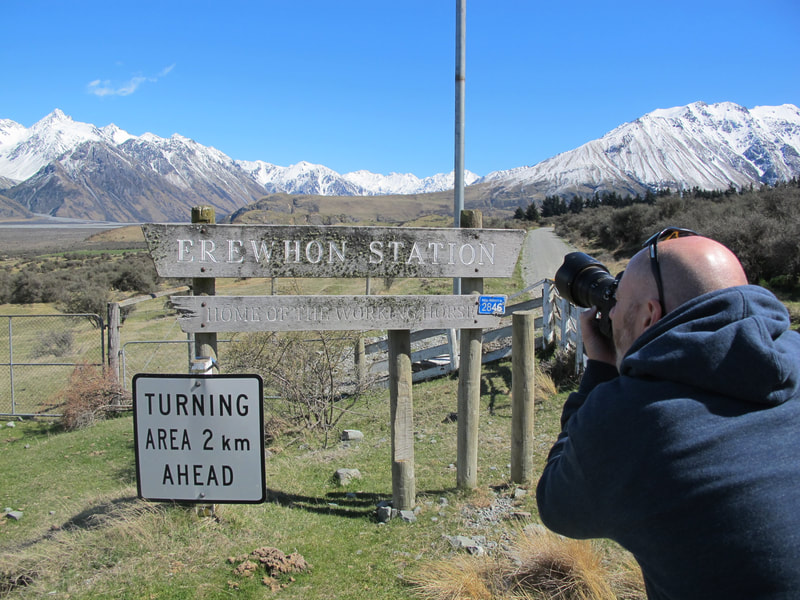
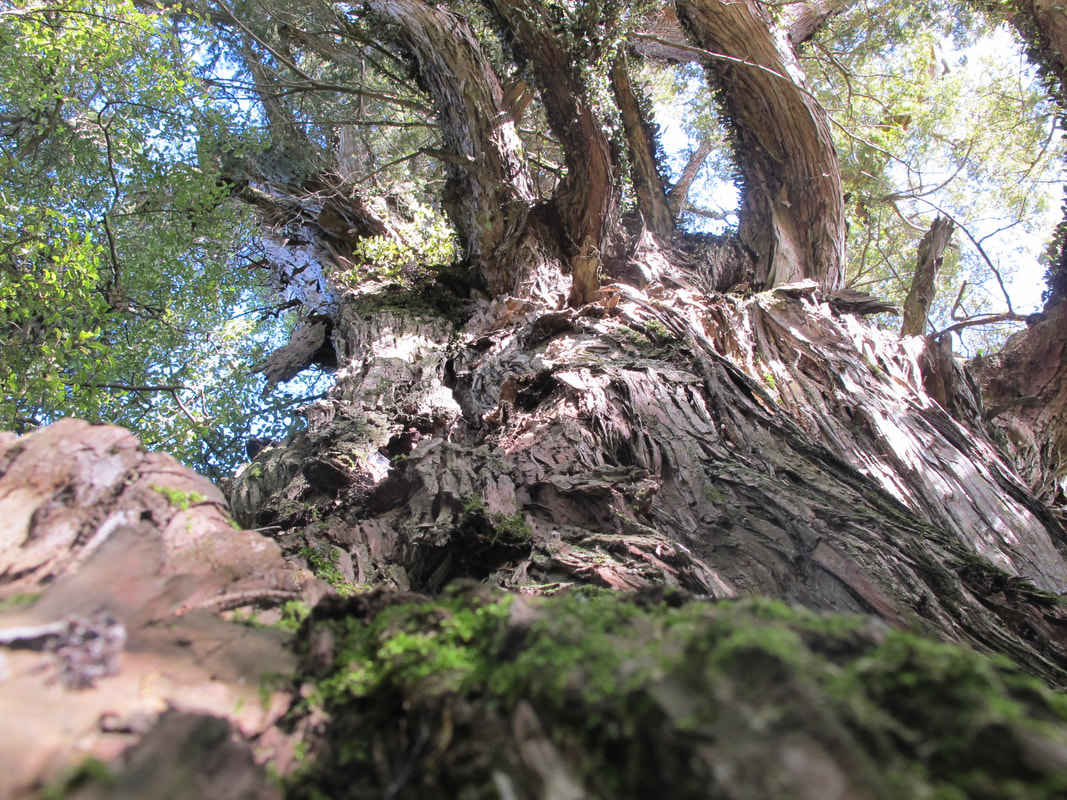
 RSS Feed
RSS Feed
